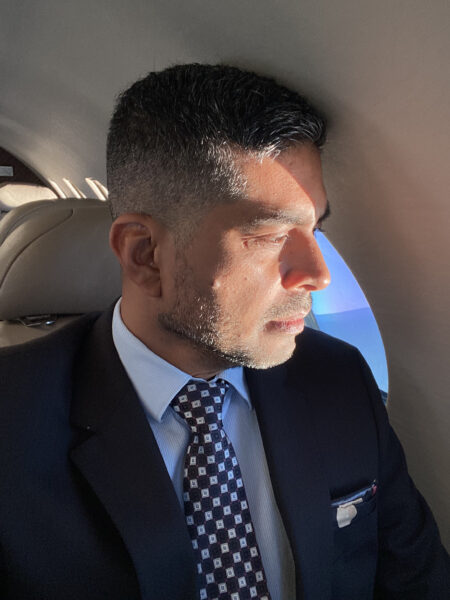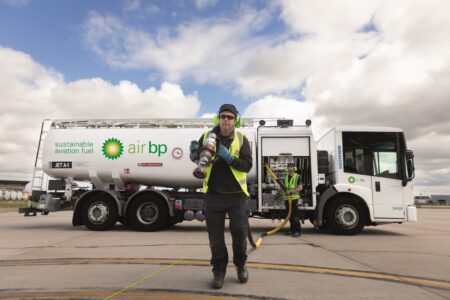Atiesh Mishra, head of aircraft management services at Bird ExecuJet Airport Services, explores India’s place in the business aviation sector, what the country has to offer customers and how it is set to expand over the coming years.
India’s aviation sector has become the world’s fastest-growing aviation market. According to a passenger forecast issued by the International Air Transport Association (IATA), it is expected to become the third largest aviation market by 2026. A smaller part of this prediction is the business aviation industry, which has been on a slow upward trajectory. The industry saw phenomenal growth between 2006 and 2009, and the industry has maintained a slow-paced growth ever since.
The present industry comprises 139 business jets, 248 helicopters and 102 turboprops. India has the largest fleet of charter aircraft in Asia, and is mainly dominated by mid-size private jets. Popular aircraft in the Indian market are the Falcon 2000, Hawker 850XP and Cessna Citation XLS.
There are currently more than 200 airports in India that can be accessed by private jets. The demand for charter aircraft is mainly from customers based in Mumbai, Delhi, Bengaluru, and Chennai. Most of the flights are based on the spoke-hub model – when customers primarily charter aircraft for flying to tier 2 cities where commercial aircraft connectivity is not present or scarce.
The demand for aircraft charter is growing stronger in the region, boosted by India being home to more than 6000 UHNWIs (ultra-high net worth individuals). Customers are now moving from the ad-hoc charters to block charter usage, demanding long-range jets for connection to the Middle East, Europe and South East Asia.
Another fast growing segment is the air ambulance service. With a country the size of India, it needs to be well connected with remote areas. The air ambulance flights are mainly conducted between remote areas and metro cities where the major medical facilities are based. Delhi airport experiences more than 20 air ambulance flights per day.
A dedicated infrastructure for business aviation has been lacking in India, and there is an absence of dedicated business aviation airports in the country. In 2009, India’s first dedicated corporate aviation terminal was opened at Mumbai. In 2016, Bird ExecuJet Airport Services was appointed by Delhi to establish a dedicated FBO and MRO. The project is likely to be completed by 2020 and will be India’s first full service-offering FBO in the country.
The present industry is undergoing a consolidation phase, and small fleet aircraft owners are now looking to surrender their air operator certificates (AOCs) and shift to aircraft management companies. Aircraft management companies offering charter, maintenance and management under one roof will have more acceptance and demand in the future. Bird Execujet Airport Services is one such company based in New Delhi, acting as a one-stop shop solution for its clients, with an FBO, MRO, and aircraft management and concierge services under one roof.
Aircraft parking space and high taxes on aircraft movements have been the two major bottlenecks holding back the growth of the business aviation sector. An airport like Mumbai has no parking space available for new aircraft inductions, but this is likely to change when the second airport is reaches expected completion in 2020.
Despite the bottlenecks restricting the growth of this market, business aviation has all the drivers present to grow rapidly in the future.
To find out more about Bird ExecuJet Airport Services, contact Atiesh Mishra at atiesh.mishra@birdexecujet.in
January 15, 2018




